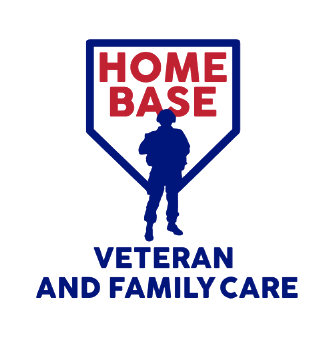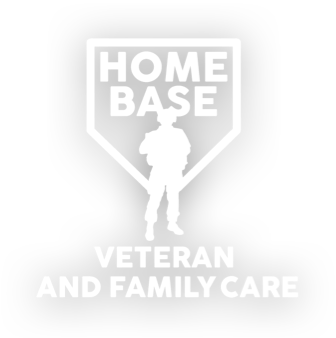New Age Of Psychedelics: Science, Trauma, and Treatment
Last night on March 9th, The MGH Center for Neuroscience of Psychedelics welcomed award winning author and Professor Michael Pollan to join Dr. Jerry Rosenbaum and team to celebrate the launching of this exciting and novel effort at Mass General.
The conversation was introduced by social change activist and philanthropist Dick Simon who appropriately held up Pollan's 2018 book "How to change your mind."
It was clear that although psychedelics for mental health have been proposed and studied for about 100 years, Simon referred to what many people in the field call time periods of "BP and AP" or Before Pollan and After Pollan.
Since his 2018 book, the field continues to evolve and Pollan mentioned that a Center like this is just the right place to continue to explore and create new treatments. He said that although he expected to meet some resistance by mainstream psychiatry, on the contrary he found at MGH a willingness and openness to move forward. He noted that the "return of psychedelics" to Harvard just makes sense and is a big event, given the rich yet complicated history here.
Pollan emphasized that as clinicians and researchers, many focus on the negative changes that can occur in the brain from development forward in life. However, what are the possible ways to creating positive change? A key theme was the idea that how we change the brain is not likely facilitated by the chemicals we offer the brain, rather it is experience that can change the brain.
Towards the conclusion of the discussion, Pollan mentioned that (stuck) with me - saying that this entire field has been very promising, but with the right investment in resources, education and research, could be profound.
There is so much mental illness that is not diagnosed and not treated the way it can be. The veteran population as we know has significant rates of PTS and depression, with only 50% seeking help.
Two medications with the most evidence and work supporting the use in this kind of experience driven treatment are…psilocybin and MDMA. Currently, Home Base is looking at PTS with MDMA in a new study. In collaboration with the new Center at MGH, we hope to bring more to the table for the veteran population so we can help to target stress, depression, anxiety and other mental health conditions our veterans struggle with.
So how do we deliver that experience, how do we show the evidence or the state of the science, and how do we educate and endorse the public that there are indeed so many people that can be helped in this way?
I was lucky to talk with a team of people leading this effort at MGH: Dr. Jerry Rosenbaum, The Director of the new Center and Psychiatrist-in-Chief Emeritus at MGH, Dr. Franklin King (Education and Training), and Dr. Rick Doblin, a leader in psychedelic research and policy, and founder of MAPS, or Multidisciplinary Association for Psychedelic Studies.
We will take a step back in time to the beginning of this journey in using psychedelics to augment experience, talk about the process of this novel treatment, and highlight the new MGH Center for Neuroscience of Psychedelics that Home Base is collaborating with. At the end of the day, the overarching goal is alleviating the pain of mental illness in both civilian and military populations and combating these complicated diseases.
Thank you for joining us for this special episode on new ways to look at the brain, and treatment of mental health conditions, specifically PTS as it relates to our veterans at Home Base.
To learn more and connect with us at Home Base:
www.homebase.org/homebasenation
Twitter,Facebook,Instagram,LinkedIn
Home Base Nation Team: Steve Monaco, Marine Veteran Brendan McCaffrey, Maureen Roderick, Charlotte Luckey, Karianne Kraus, with COO Michael Allard and Brigadier General Jack Hammond
Producer and Host: Dr. Ron Hirschberg
Music: The Butler Frogs
Home Base Media Lab Chairman: Peter Smyth
Home Base Nation is the official podcast of Home Base Program for Veterans and Military Families, a partnership of the Massachusetts General Hospital and the Red Sox Foundation.
The views expressed by guests to the Home Base Nation podcast are their own and their appearance on the program does not imply an endorsement of them or any entity they represent. Views and opinions expressed by guests are those of the guests and do not necessarily reflect the view of the Massachusetts General Hospital, Home Base, the Red Sox Foundation or any of its officials.


 Home Base
Home Base